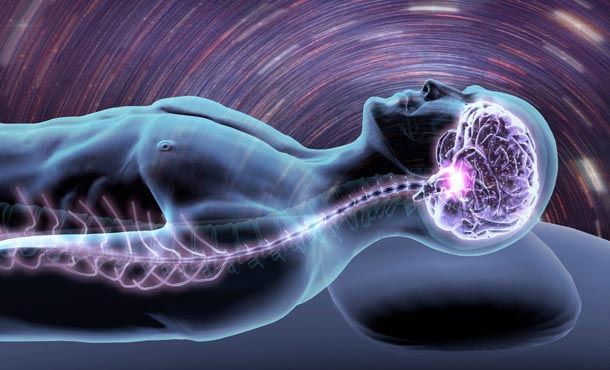Brain death
- Ayesha Jannat

- Jan 16, 2023
- 2 min read
Brain stem death or in general “brain death” happens when the brain stem (a part of the brain) no longer works. If the brain stem stops working, the person will never be able to be conscious or breath without a machine (ventilator). A person is confirmed as being dead when the brain stem stops working.
Although rare, a few things can make it appear as though someone is brain dead such as drug overdoses and severe hypothermia (where body temperature drops below 28C). A number of tests are carried out to check that brain death has actually occurred, such as shining a torch into both eyes to see if they react to the light etc. But in general, confirming death is now more complex, because it's possible to keep the heart beating after the brain stem has permanently stopped functioning. This can be done by keeping a person on a ventilator, which allows the body and heart to continue to get oxygen. However, that person won't ever regain consciousness or start breathing again.
Brain death can occur when the blood and/or oxygen supply to the brain is stopped. This can be caused by:
Cardiac arrest
Heart attack
Stroke
Blood clot
A severe head injury
Brain hemorrhages
Infections, such as encephalitis (swollen brain)
Brain tumor
Another situation close to brain death is vegetative state. A vegetative state is when a person is awake but is showing no signs of awareness. A person in a vegetative state may open their eyes, wake up and fall asleep at regular intervals, have basic reflexes (such as blinking when they're startled by a loud noise or withdrawing their hand when it's squeezed hard). They're also able to regulate their heartbeat and breathing without assistance.
However, the important difference between brain death and a vegetative state is that someone in a vegetative state still has a functioning brain stem, whereas a person who is brain dead has no chance of recovery, because their body is unable to survive without artificial support. After brain death has occurred, it may be possible for the person's organs to be used in transplantations, which can often save the lives of others.

References




Comments